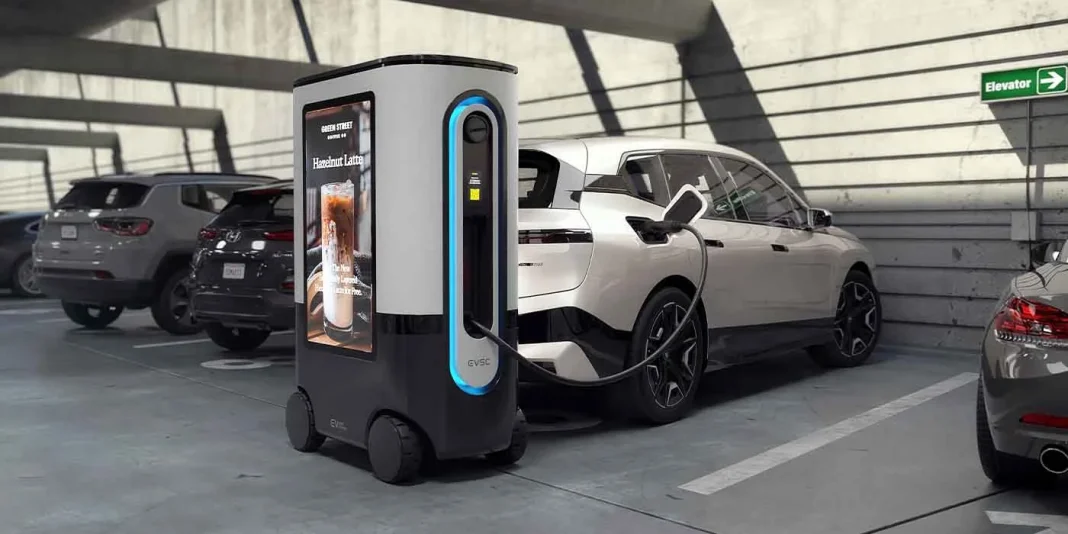The White House announced on Tuesday that companies plan to invest more than $700 million to increase U.S. manufacturing capacity for electric vehicle (EV) chargers, creating at least 2,000 jobs and making charging more accessible and inexpensive.
The investments include $450 million from Volkswagen (VOWG p.DE) business Electrify America and more than $250 million from Siemens (SIEGn.DE) to expand its EV charger operations in Grand Prairie, Texas, and Ponoma, California.
FLO, an EV charging network operator, is also investing $3 million in its first assembly plant in the United States, in Auburn Hills, Michigan.
The expenditures will contribute to increasing US manufacturing capacity for EV chargers to more than 250,000 per year, according to the White House, which did not provide a figure for current production capacity.
President Joe Biden announced a non-binding aim in August to have half of all new vehicles sold in 2030 be an electric, fuel cell, or plug-in hybrid. As part of that, he wants to see the number of EV chargers in the United States increased to 500,000 by 2030, up from around 100,000 presently.
Private-sector investments follow more than $7.5 billion in subsidies included in last year’s bipartisan infrastructure measure.
According to White House senior national climate advisor Ali Zaidi, Biden’s aims and the incentives have helped drive private investment.
As a result, “chargers were not being brought in from overseas (and) they were being a source of opportunity in communities all across the country,” he said during a conference call about a U.S. report showing jobs in the energy industry rose 4 percent last year, led by jobs in carbon-cutting vehicles.
The public charging network for electric vehicles in the United States is growing more robust, but major disparities in dependability and performance between providers remain, according to an industry ranking published this year by engineering consulting firm umlaut.












